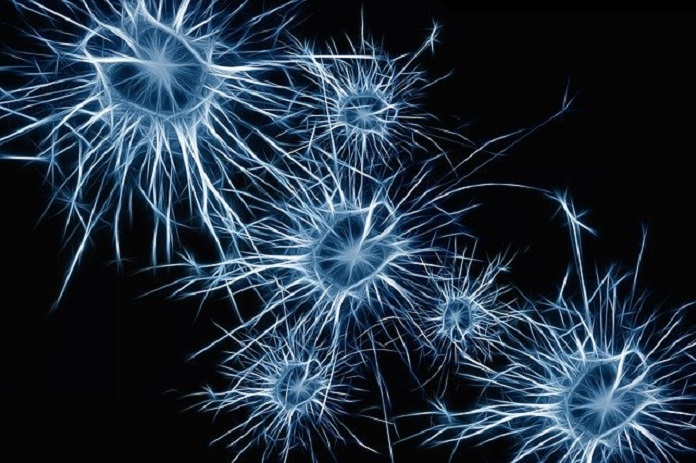A decrease in the production of the translocator protein is possibly linked to the development of autism, but more studies are needed for confirmation.
The cause of autism is unknown, but emerging evidence points to the inflammation of brain tissue caused by a specific substance called, translocator protein. The translocator protein is involved in our body’s immune response and energy production. This protein can be examined by using positron-emission tomography (PET) and magnetic resonance imaging (MRI). Any changes in translocator protein production can reflect abnormalities, especially in autism.
In a recent study published in the journal Molecular Psychiatry, researchers assessed whether the brains of young adult males with autistic disorder exhibited abnormal production of the translocator protein, compared to their healthy peers. The researchers studied the brains of 32 young adult males, with an average age of 24, over three to eight months. Fifteen of the 32 males were clinically diagnosed with autistic disorder, while the other 18 were used as healthy control subjects. PET and MRI were cautiously used to scan for the translocator protein.
The researchers originally believed that increased production of the translocator protein contributed to the autism spectrum disorder. However, the opposite was true. The researchers discovered that autistic males had lower levels of translocator protein. Autistic patients with the most severe symptoms had the lowest production of translocator protein.
This was the first study to investigate the role of the translocator protein in autism using newer PET and MRI technology. The reason for the decrease in the protein in relation to autism remains unknown. More studies are needed to further determine the clinical significance of the translocator protein’s role.
Written by Manuel Bangsil, PharmD, MBA, BCMAS
References:
- Study detects abnormally low levels of a key protein in brains of young men with autism. (2020). Retrieved 25 February 2020, from https://www.eurekalert.org/pub_releases/2020-02/mgh-sda022120.php
- Zürcher, N., Loggia, M., Mullett, J., Tseng, C., Bhanot, A., & Richey, L. et al. (2020). [11C]PBR28 MR–PET imaging reveals lower regional brain expression of translocator protein (TSPO) in young adult males with autism spectrum disorder. Molecular Psychiatry. doi: 10.1038/s41380-020-0682-z
Image by Gerd Altmann from Pixabay



